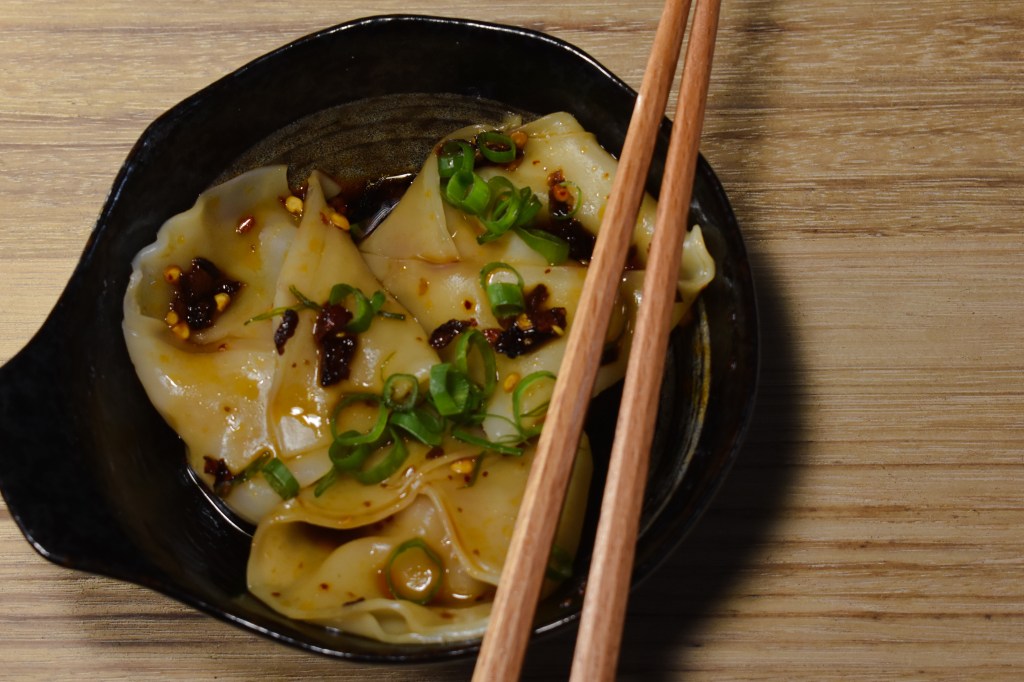An inquiry conducted by the government of Victoria has identified cultivated meat as a key economic opportunity for the Australian state.
The independent inquiry – which focused on pig welfare in Victoria – listed cultivated meat as its first recommendation. The report highlighted the technology’s potential to provide ethical and environmentally sustainable food to Victorians.
The report stated that it also recognised the “…innovation and development of the cultivated meat industry and its potential to provide safe, ethical and environmentally considered food to Victorians.”
Cultivated meat – sometimes referred to as ‘cultured meat’ – is meat that is produced by directly cultivating animal cells, such as that of a pig, without any harm to the donor animal.
The inquiry was performed by the Legislative Council Economy & Infrastructure Committee, which focuses on matters concerning agriculture, commerce, infrastructure, industry, major projects, public sector finances and transport.

Think tank Cellular Agriculture Australia (CAA) commented on the significance of the inquiry’s finding in a LinkedIn post, saying: “It’s encouraging to see independent parliamentary documents such as this championing cultivated meat as a potential solution to current and emerging challenges facing our food system.
“Government recognition and support would be invaluable in building a thriving cultivated meat and broader cellular agriculture industry in Australia – that which is currently facing a number of challenges to scale-up and expansion.”
As a part of the inquiry, Paul Bevan, CEO of Victoria cultivated meat company Magic Valley, participated in a public hearing in March to explain the scientific process along with the potential environmental impact of cultivating meat to the Committee.
“For pork we are looking at 44 per cent less greenhouse gas emissions than traditionally farmed pork,” Bevan said at the hearing. “We use 67 per cent less land. There is actually a very large reduction in the threat of biological risk and disease, because obviously what we are doing is in a sterile environment. There is 42 per cent less air pollution. It is 4.6 times more efficient feed conversion in terms of the end product, and if we were to look globally, we would be able to spare 1.5 billion pigs.”
However, Bevan acknowledged that the development of the product to be a replacement for traditionally produced pork might take as long as several decades.

The Committee, meanwhile, also noted that the development of cultivated meat would take time and that traditional farming would be the main way of providing meat for the immediate to medium term future.
However, the Committee affirmed that the processes and products being trialled by Magic Valley and other companies were a very interesting development and should be supported by the government.
Australia is on track to become one of only a handful of countries to approve cultivated meat products for commercial sale. Australian company Vow already received approval to sell its cultivated quail products in Singapore earlier this year, with approval from Food Standards Australia New Zealand (FSANZ) expected to be announced within 2024.
Magic Valley – which focuses on lamb and pork-based products for the mainstream consumer market – recently debuted its cultivated pork bao bun at a tasting earlier this year.
To stay up-to-date on the latest industry headlines, sign up to Future Alternative’s enewsletter.
Posted on:


